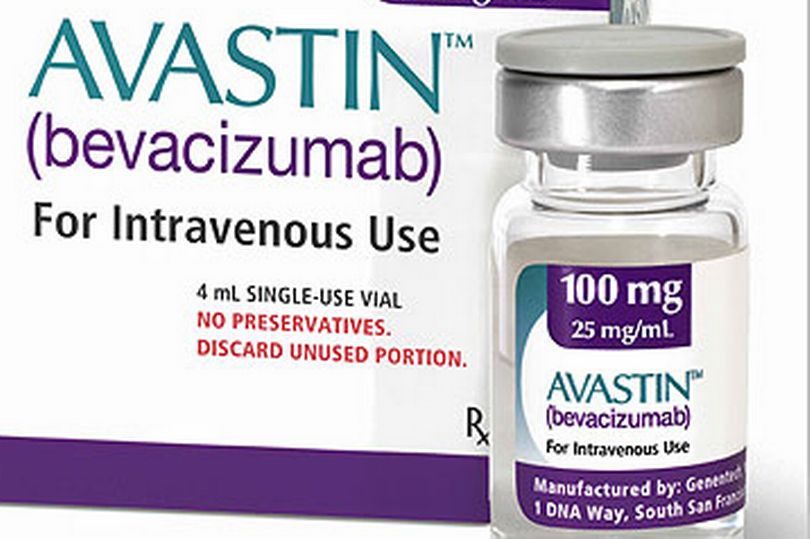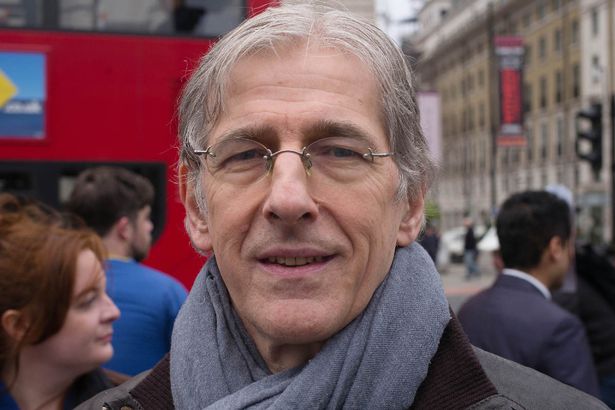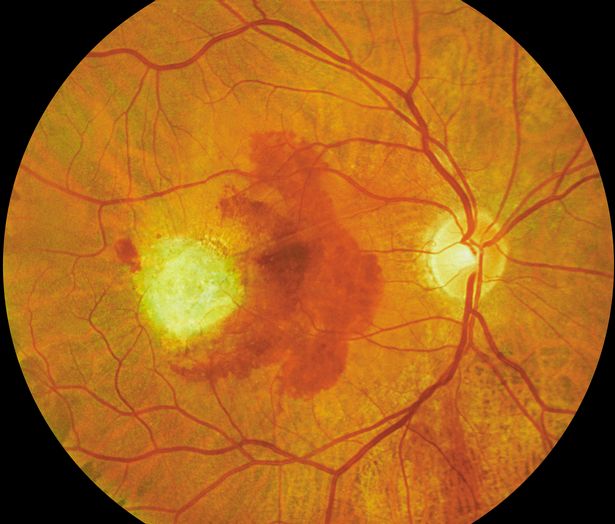Three cheers for the NHS. It is reported that ‘greedy’ drug companies have lost a legal battle with the NHS over £84m extra cost of helping to save patient’s sight.
This followed after GPs argued that they were having to deny patients procedures such as cataracts and hip replacements because much needed funds were being spent on the more expensive drugs.

Avastin costs £28 per injection – a fraction of the price of alternatives
The backdrop to the story: The NHS has won a ‘landmark’ legal battle against two pharmaceutical giants which sued it for prescribing a cheaper version of their drugs. This means, according to Doctors, that millions can now be saved for taxpayers.
The High Court judgement came after GPs in Northern England started prescribing a drug called Avastin for wet age-related macular degeneration (AMD) after it was proven to have the same impact but was 30 times cheaper. Legal action was taken by NOVARTIS, the drug giant that markets rival drug Lucentis, together with BAYER, which markets another licensed drug for the condition called Eylea.

Dr. David Hambleton – CCG Chief Officer in South Tyneside
Dr. Hambleton stated, “The drug is undeniably equally effective and much less expensive. The money this will save is in excess of £13.5 million per year for the 12 CCGs involved in this litigation alone and hundreds of millions of pounds across the country. This can be ploughed back into delivering the very best care possible to our patients.”
He went on to add, “Here in the North, that’s enough to pay for an extra 270 nurses or 266 heart transplants every year, and in a financially stretched NHS that could be life-changing for thousands of our patients.”

Dr. Tony O’Sullivan – Chairman of ‘Keep Our NHS Public’
Dr. Sullivan has welcomed the decision, stating, “I welcome this ruling which was a hard-won battle to curb the greed of these companies. The underlying issue from which it arises is the weakness of a fragmented NHS under Government’s 2012 legislative changes. The NHS ended in April 2013 as a national organisation and 211 new CCGs had to fight separate battles. The NHS has lost its huge collective bargaining power for purchasing drugs and equipment.”

